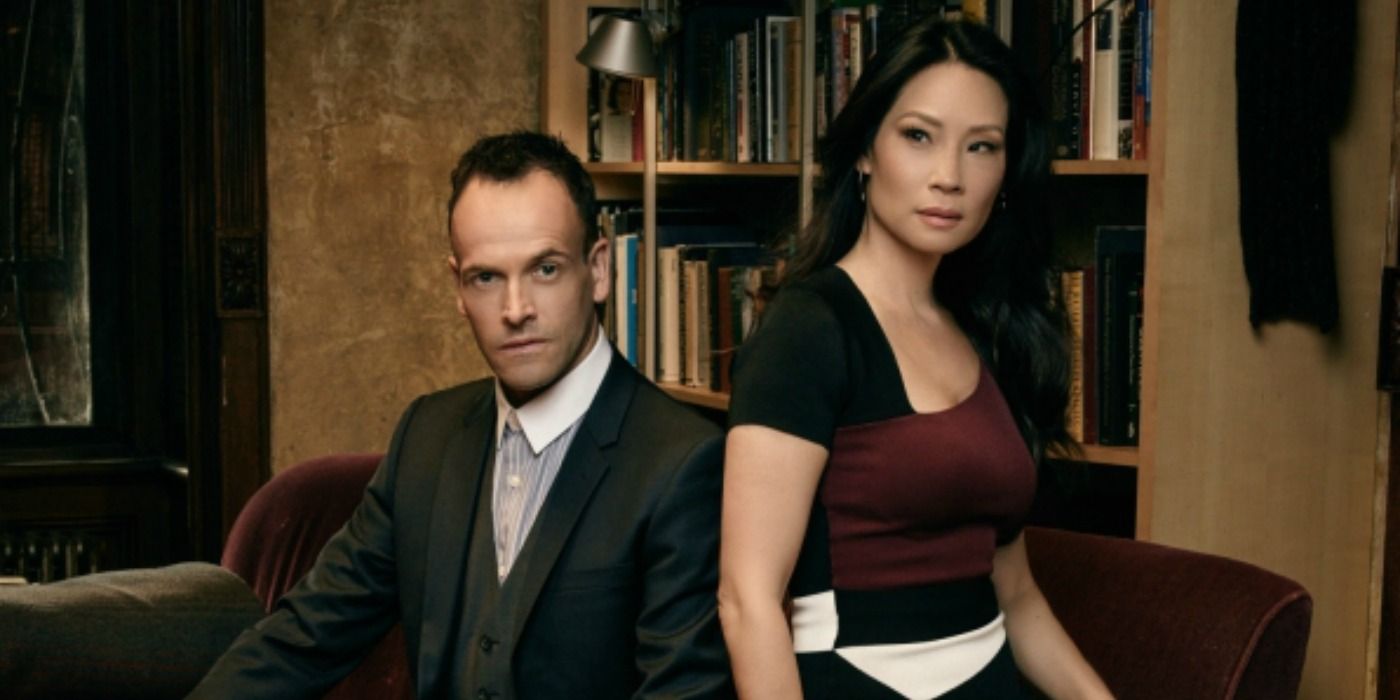In May 2011, Australia-based indie publisher The Writers' Coffee Shop released Fifty Shades of Grey. The book had originally been published episodically on FanFiction.net as a Twilight story under the title Master of the Universe by a writer with the pseudonym Snowqueen's Icedragon. As the series' fanbase grew dramatically and press coverage increased, Vintage Books picked up the publishing license and re-released the series. By February 2014, the original trilogy had sold 100 million books worldwide. The film rights were secured that same year, and a year later the movie adaptation of the first book - directed by Sam Taylor-Johnson and starring Dakota Johnson and Jamie Dornan - grossed more than $571 million at the global box office.
The success of Fifty Shades of Grey has wider ramifications for publishing at large, as well as the frequently shifting status of fan-fiction as a legitimate creative form, particularly given the contentious legalities of the activity. While some authors are vocally opposed to fans writing fan-fiction from their canon (notably Anne Rice, who has banned inclusion of her work on FF.net), many others are supportive of those who create their own stories within the realms of the worlds and characters they established.
That doesn’t mean they support using that world as an unauthorized foundation for profit: JK Rowling famously sued a writer attempting to publish an unofficial Harry Potter Lexicon. The difference here is that Twilight author Stephenie Meyer and her publisher never opposed or sued EL James and her team for releasing the Fifty Shades series. Therefore, the floodgates opened.
There have been dozens of Twilight fan-fiction writers who have shaved the serial numbers from their work in order to publish it as original. The practice is known as “pull to publish” (P2P) and remains a controversial issue amongst fandom circles. Many oppose the dilution of copyright and the use of a fan-focused activity for personal profit. However, the opinions of those fans mean little when publishers and producers see the benefits of a popular fan-fiction reaching mainstream recognition: A built-in fan-base, easy to market material, stories that need only reasonably low budgets, and a way to appeal to a very profitable female demographic.
Fan-fiction isn’t something the world of film has explored as much as publishing post-Fifty Shades, but it has dipped its toes in with a few options. One notable example is the greenlighting of Anna Todd’s After, based on a Wattpad romance featuring Harry Styles and the rest of One Direction that received a publishing deal from Simon & Schuster before Paramount acquired the film rights (real person fan-fiction – RPF – is another divisive issue in fandom, but isn’t limited in legal ways like, say, Fifty Shades). Susan McMartin was hired to write the script in 2015, and while little news of the project has been announced since, its mere existence signals a major shift in mainstream entertainment’s attitudes towards fan-fiction for creative use.
The issue is made more complex by confused definitions of what counts as fan-fiction and what is merely derivative storytelling, homages or simple remakes. The TV show Sherlock, for example, bears many of the trappings of fan-fiction – a period setting moved to the modern day, a homoerotic slant on the central pairing, re-imagining of familiar tropes – and technically meets the definition of fan-fiction (fiction written by a fan of, and featuring characters from, a particular TV series, film, etc.), but is seldom described as such. This may partly be because it's based on public domain material and therefore avoids issues of legality, but there's also an element of dismissal regarding the label and its connotations.
The same applies to the hit Broadway musical Hamilton, which, as noted by Vox’s Aja Romano, "is a postmodern metatextual piece of fanfic, functioning in precisely the way that most fanfics do: It reclaims the canon for the fan." Neither of these things originated in a fandom circle like FF.net or Tumblr, which may be one of the reasons the fan-fiction label is denied them. Both of these wildly popular pieces of entertainment were also made by men.
The most common image of a fan-fiction writer is that of a teenage girl or middle aged woman and it is seldom applied to them favorably outside of fandom circles. Even Sherlock took a few jabs at its enthusiastic and primarily female fan-base. Fan-fiction bears the stigma of frivolity and a supposed allergy to conflict. In a Birth Movies Death article proclaiming that "fandom is broken", Devin Faraci claims that fan-fiction demonstrated fandom, particularly its younger fans, as:
"A group that seems uninterested in conflict or personal difficulty in their narratives. Look at the popularity of fanfics set in coffee shops or bakeries, which posit the characters of a comic or TV show or movie they love as co-workers having sub-sitcom level interactions."
What statements like this overlook is the inherent appeal and transformative nature of fan-fiction. It’s a medium in which fans can engage with a story and characters they love, while using those foundations to interrogate assumed norms and bring freshness to the narrative. The Fifty Shades of Grey phenomenon is actually a common practice of fan-fiction: The alternate universe (AU) fan-fiction imagines a story in a different time or place. For Fifty Shades of Grey, the story removes the paranormal elements to re-tell the central romance as an entirely human contemporary affair.
This is a favored storytelling tactic in film and television, from Dracula in the modern day to Ichabod Crane as a detective in a procedural drama to the aforementioned Sherlock and its American counterpart Elementary. It’s a commonly used creative tool to bring freshness to a familiar story that will appeal to fans of the original works and novices alike, and can often yield fascinating results.
Elementary also uses another favourite tool of fandom: Gender and race-bending its cast: John Watson becomes Joan Watson, as played by Lucy Liu; Mrs Hudson is a trans woman played by Candis Cayne; and Irene Adler is secretly Moriarty. Hamilton took this to its most creative extreme by taking a universally white ensemble of historical figures and casting mostly people of color. It’s an inherently political act that at once shows fandom’s transgressive nature, while also exposing the failings of the pop culture we love. Romano argues that Hamilton’s success is partly due to its status as fan-fiction, which "is partly to argue with its canon, not to simply celebrate it."
Hollywood would do well to learn from fan-fiction circles: Their passion for storytelling and interpretation could introduce a much-needed breath of fresh air to an industry that so often relies on repeating the same old derivative tropes to diminishing returns. While the boundaries between fan and creator grow ever more liminal, and issues of legality and copyright remain tough to answer in this context, the enthusiasm and creativity of fandom circles will remain an ever-growing hive of potential.



